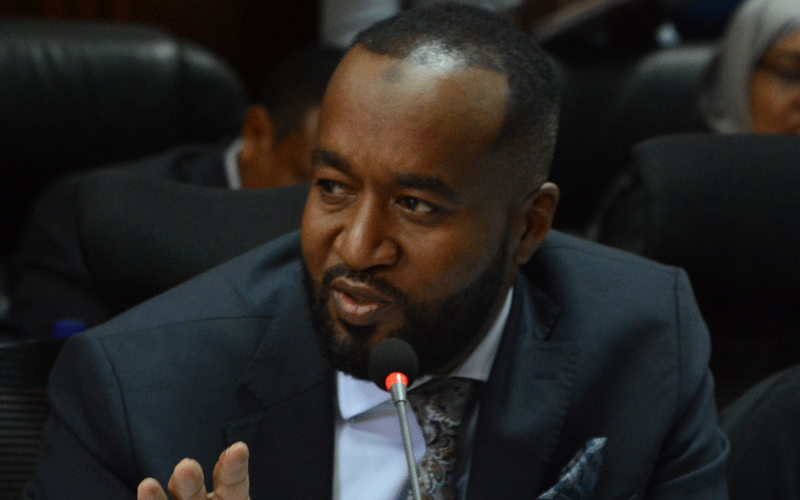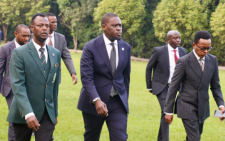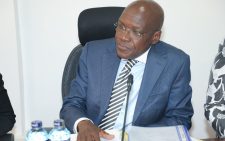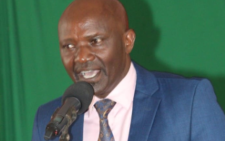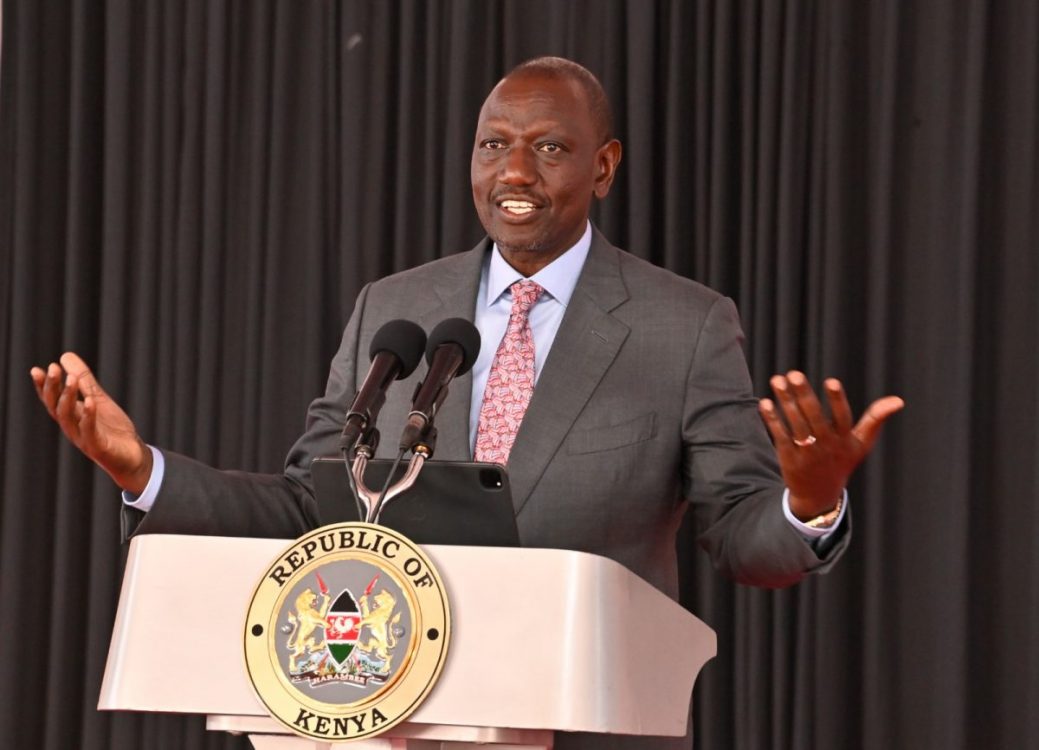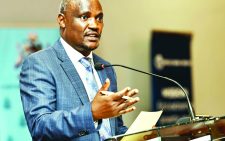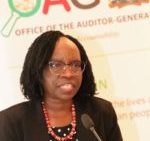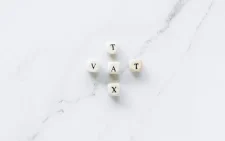Ruto looks East as White House tariffs, ‘America First’ policy bite
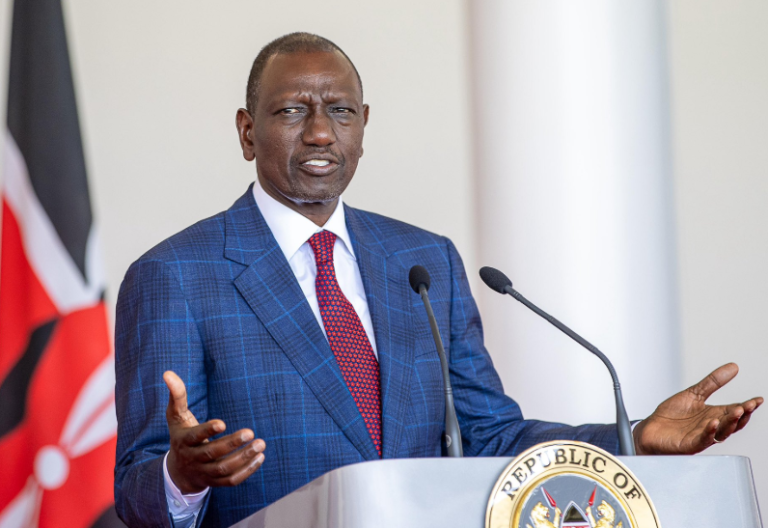
President William Ruto is on Tuesday expected to begin a five-day State visit to China as Kenya begins to search for new friends in the wake of US President Donald Trump’s decision to cut down on foreign funding.
The visit also comes in the wake of the move by Trump to impose “reciprocal” tariffs that will have far-reaching impact on Kenya’s economy. Kenya’s diplomatic relationship with the USA, like many other Third World countries, is at its lowest ebb in the face of Trump’s ‘America First’ policy.
The Chinese Foreign Ministry announced yesterday that the Kenyan leader would pay a State visit to the East-Asian economic power-house from April 22 to 26 at the invitation of President Xi Jinping.
Ministry spokesperson, Lin Jian, said friendship between the two countries, which can be traced back to the ancient Maritime Silk Road has led to a comprehensive strategic co-operative partnership, characterised by frequent high-level exchanges, deepening political mutual trust, fruitful outcomes in the Belt and Road co-operation as well as close cooperation on regional and international issues. Lin said President Ruto would be met upon arrival in Beijing by Premier Li Qiang and Chairman of the National People’s Congress Standing Committee Zhao Leji.
During his five-day tour, President Ruto is expected to deepen diplomatic ties with the world’s second-largest economy. The visit also signals a renewed effort to deepen financial and trade cooperation with China following latest developments in the US.
The visit underscores Kenya’s strategic ambition to secure development funds while addressing concerns about debt sustainability and a significant trade imbalance.
Only early this month, National Treasury Cabinet Secretary John Mbadi led a high delegation to Beijing where he had negotiations on continued financing for essential infrastructure projects.
The Export–Import Bank of China has been instrumental in Kenya’s development, funding projects like the Standard Gauge Railway (SGR), major road networks, and healthcare facilities.
Strategic recalibration
Mbadi later said discussions had focused on securing financing on more favourable terms, potentially shifting towards concessional loans with lower interest rates or public-private partnerships (PPPs) to share financial risks.
During his visit, Ruto plans to ink deals to construct the 170-kilometre, four-lane Rironi-Mau Summit road and complete the Standard Gauge Railway (SGR) to Malaba. Kenya has long pursued funding for the SGR extension from Naivasha to Malaba, intending to connect the country to Uganda and the Great Lakes region.
While China initially showed interest, concerns over debt viability slowed progress, with critics arguing that the current phase has not generated the anticipated economic returns.
According to Machakos deputy governor Francis Mwangangi, Kenya is positioning itself as a regional power and gateway to East Africa.
“Ruto’s visit to China shows Kenya’s intention to play all sides—not choosing between the West and East, but benefiting from both,” Mwangangi, an expert in international foreign relations said.
He says Kenya’s engagement with China reflects her strategy to broaden her international alliances beyond traditional Western partners.
“While the United States has historically been a key ally, the ‘America First’ policy has led to a more insular approach, with reduced emphasis on multilateral cooperation and development assistance. In contrast, China’s Belt and Road Initiative offers substantial investments in infrastructure and development, aligning with Kenya’s economic priorities,” he told the People Daily.
Mwangangi goes on to observe that the President’s visit to China, being the first from an African President since the return of Trump, signifies a strategic recalibration of Kenya’s foreign policy, seeking to leverage diverse international partnerships for sustainable development and economic resilience in the face of shifting global dynamics.
The President will hold high-level discussions with Chinese leaders during his visit. Beyond debt financing, another key concern for Kenya is its significant trade imbalance with China. In 2023, bilateral trade exceeded US$6.8 billion, with imports from China significantly outweighing Kenyan exports.
The imbalance is reflected in a ratio where imports are roughly five times the value of exports. To counter this, Kenya aims to improve market access for its agricultural and manufactured products.
Ruto publicly courted the West, especially the US, and overlooked China as soon as he assumed office. However, since the US rarely invests in expensive infrastructure projects in Kenya, he has been forced to look East again.
China’s Belt and Road Initiative (BRI) has been central to its engagement with Africa, and Kenya is a key participant. China’s motivations include expanding its global influence, securing access to resources, and creating new markets for its goods.
Kenya’s role as a regional economic hub makes it strategically important for China’s long-term strategy in Africa. The Beijing talks reinforce Kenya’s significance within the BRI while ensuring future projects deliver tangible economic benefits.
Donald Trump’s return to the White House has also amplified Kenya’s eastward tilt. Kenya’s growing alignment with China is not new, but it has gained urgency in light of recent global developments.
During President Joe Biden’s tenure, Kenya was designated a major non-North Atlantic Treaty Organisation (non-NATO) ally, a status that strengthened ties with Washington. However, Trump’s well-documented scepticism of foreign aid as a means of development in Africa—coupled with his administration’s likely focus on domestic priorities—has cast doubt on the continuity of U.S. support.

